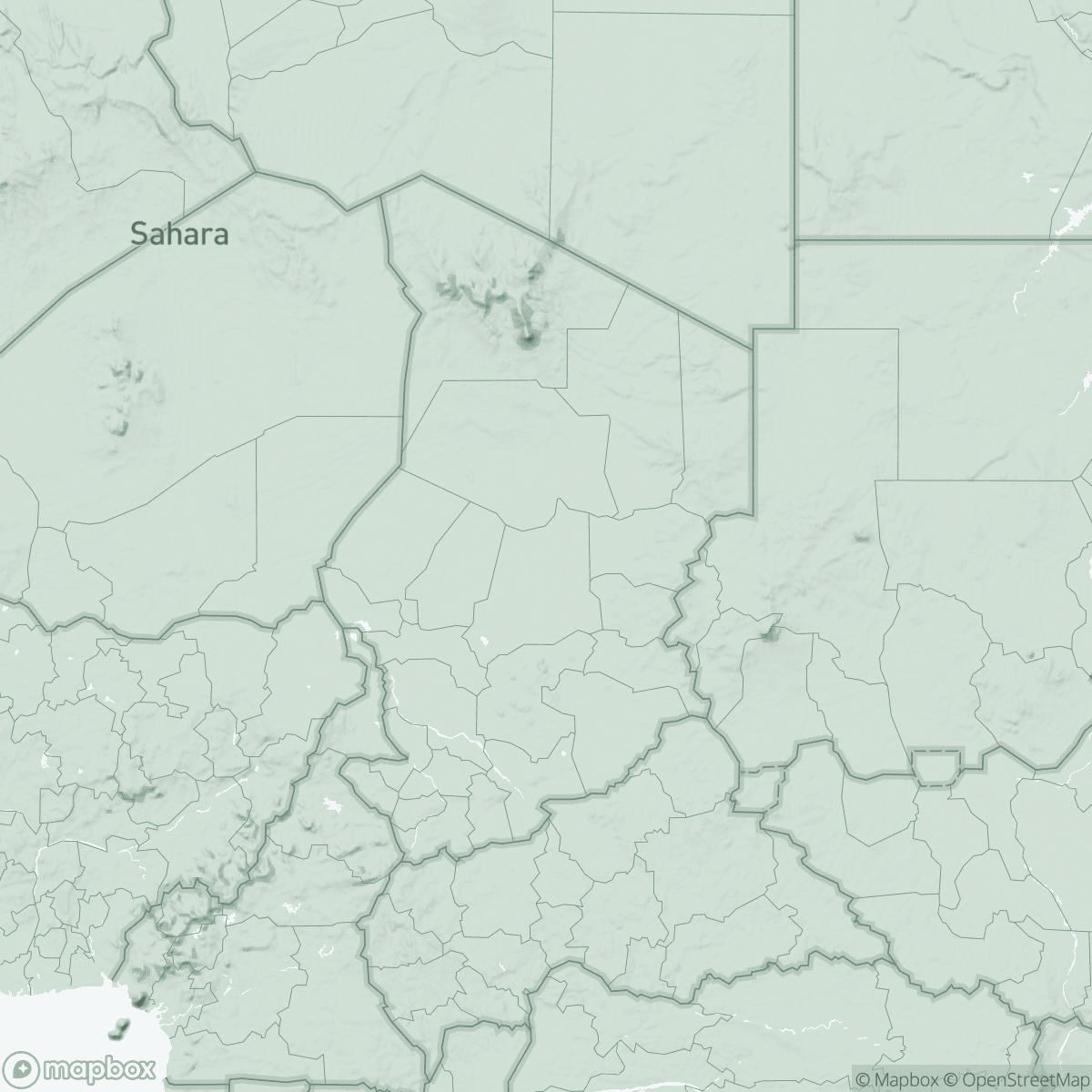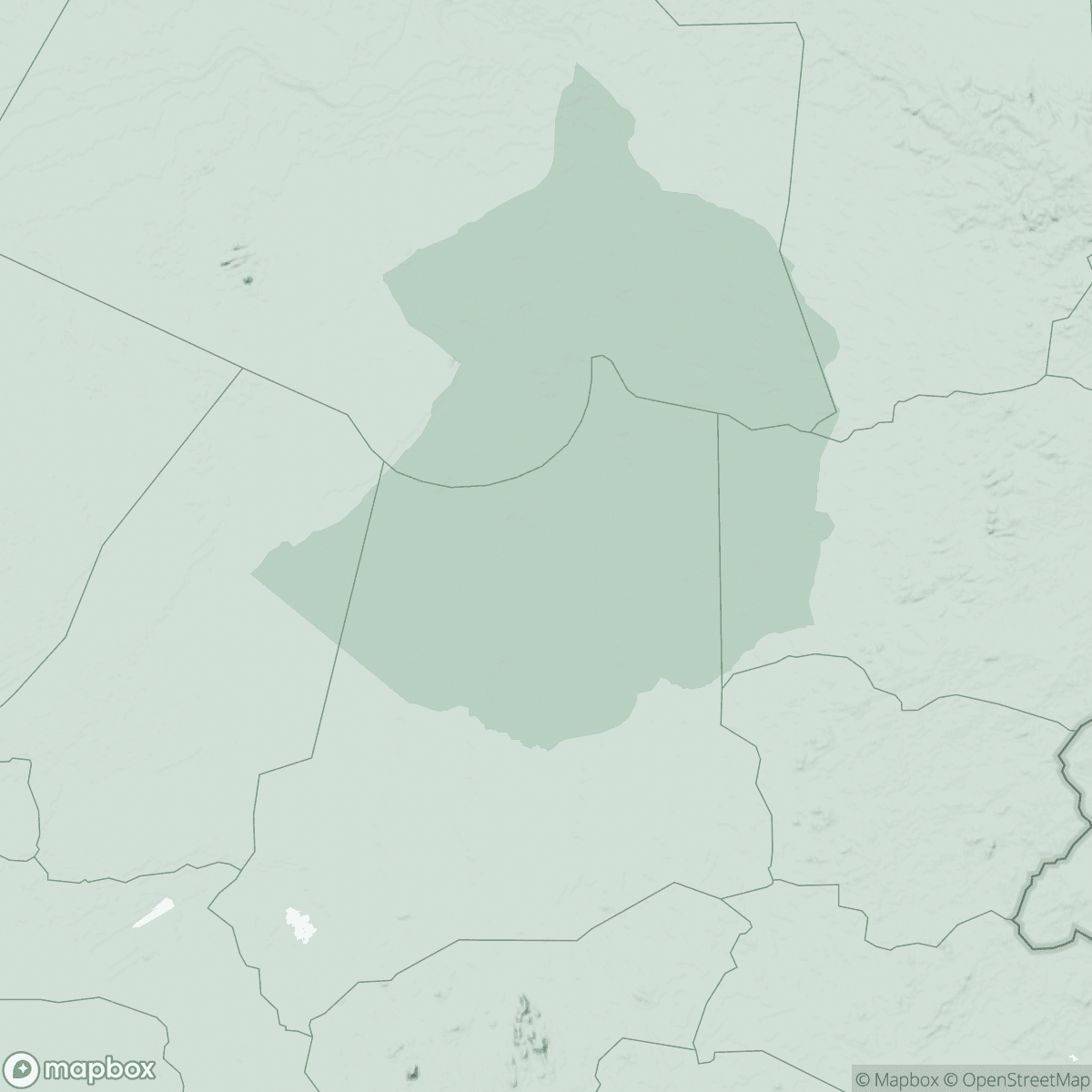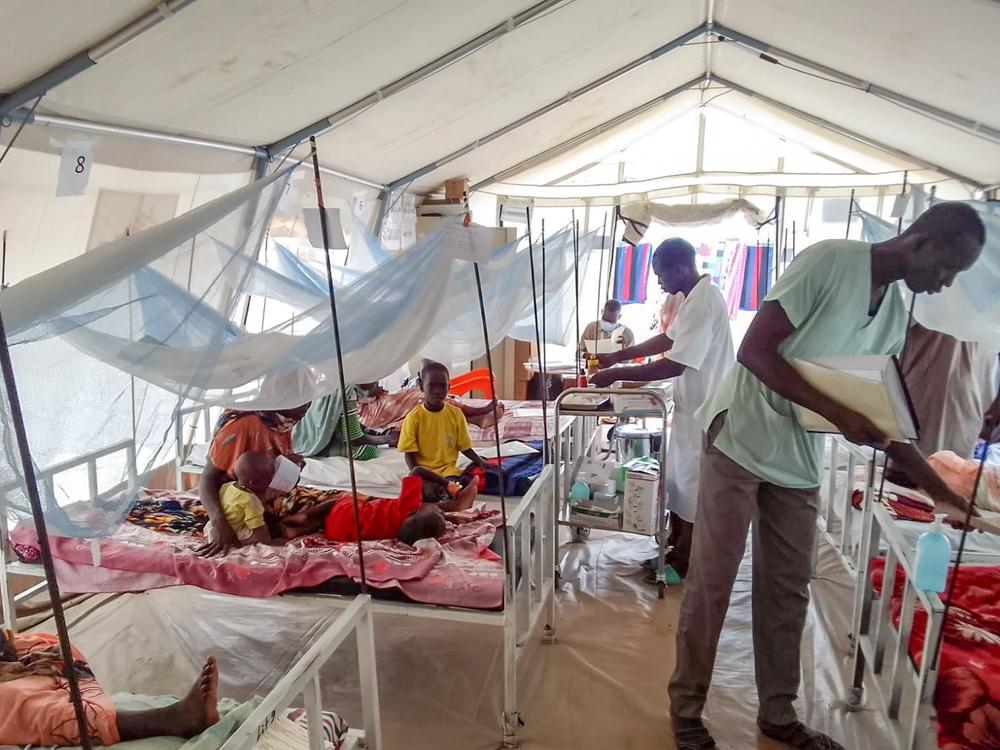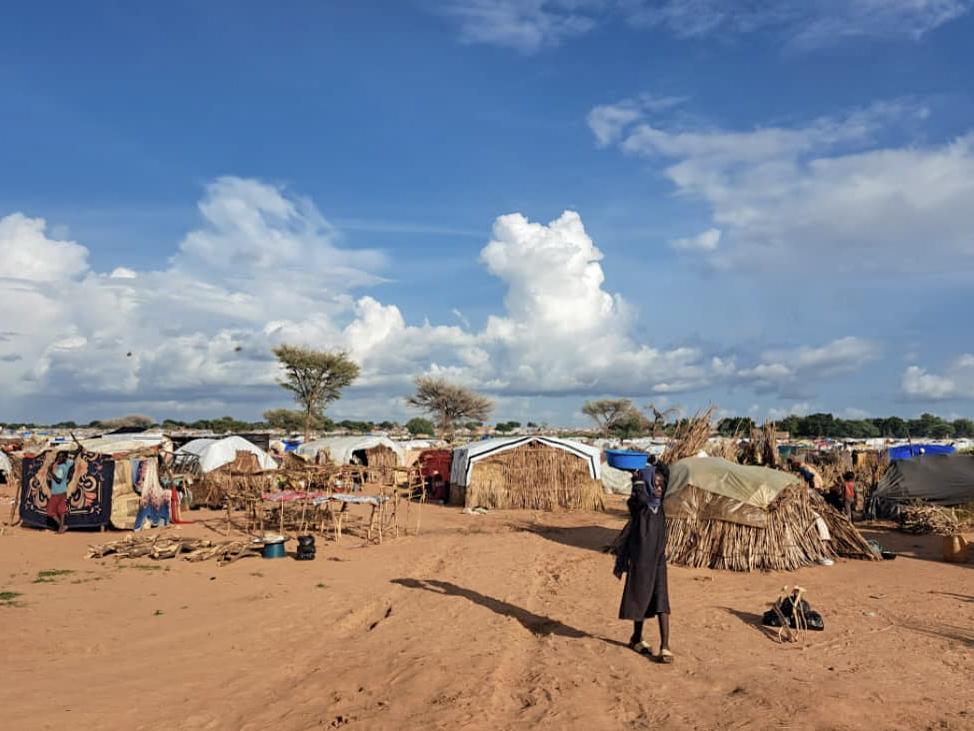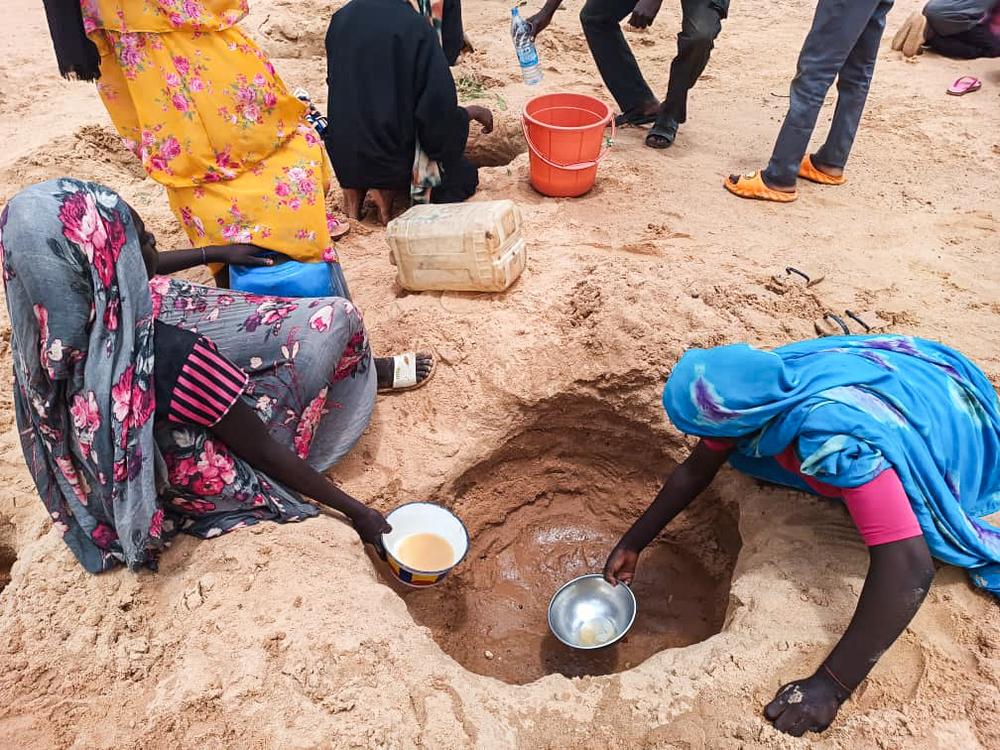
MSF calls for urgent international help for Sudanese refugees in Chad as major crisis looms
In 1 click, help us spread this information :
“We are present in three refugee camps here, where approximately 2,000 refugees arrive daily,” says Susanna Borges, MSF Emergency Coordinator in Chad. “The existing camps in this area are already at full capacity, as are the temporary transit shelters. So people are being transferred to other locations far from the city, where new camps are still being built,” says Borges.
But these camps are not ready to host all the people who have been relocated there, so they are exposed to harsh sun and rain, with insufficient food, water, and even cooking supplies. There are enormous needs, and very few resources.” Susanna Borges, MSF Emergency Coordinator in Chad.
In just one camp in Adre, Camp Ecole, there are 150,000 refugees. MSF supports a 250-bed paediatric ward in the Adre hospital. A 38-bed MSF clinic is operated within Camp Ecole, with an ambulance for patient referrals. The clinic is continuously full, averaging 400 consultations per day. There is an alarming rate of malnutrition. In Camp Ecole, 351 malnourished patients were registered, but some of them cannot continue their treatment as they have been relocated. Our teams are trying to track them, but the fast relocation makes it very difficult.
Our teams have installed three boreholes in Camp Ecole and more will be installed over time if more people keep crossing the border. We are delivering clean water by trucks around the camps, but the scale of needs is far greater than what we are able to deliver alone. The dire shortage of water in Ambelia and Ourang camps forces people to begin queuing at 2 AM with their jerrycans.
The rainy season has arrived in Chad, which brings with it a huge increase of malaria, and reaching the affected areas becomes very challenging. In just one week, the MSF clinic in Camp Ecole recorded 956 malaria cases, nearly three times the previous week's count.
People are arriving in really concerning health situations, because they don't have access to food and are living in very poor conditions,” says Trish Newport, head of emergencies at MSF Geneva. “With all of this rain, we know from working in similar crises, that this brings the risk of diarrhoeal diseases such as cholera. With conditions like this, we are extremely concerned about the disease outbreaks which could occur if the humanitarian response is not urgently scaled up.”
Dans un pays où un million de personnes vivaient déjà en tant que réfugiés ou avaient été déplacées à l'intérieur du pays, cette dernière vague de réfugiés en provenance de l'ouest du Soudan a mis à rude épreuve les ressources disponibles. Les prix des denrées alimentaires ont augmenté à Adré et la plupart des nouveaux arrivants n'ont pas les moyens d'acheter de la nourriture. Cette situation affecte également la population locale, dont le coût de la vie a augmenté alors que les revenus stagnent.
Les bailleurs internationaux doivent absolument mobiliser des ressources pour combler le déficit d'aide humanitaire. MSF appelle la communauté internationale à fournir d'urgence des abris, de la nourriture, de l'eau, des installations sanitaires, des soins de santé et des services de protection aux milliers de personnes qui ont fui des niveaux de violence indescriptibles et ont perdu leur maison, leurs moyens de subsistance et leurs proches au Soudan. Une réponse humanitaire rapide et suffisante est leur seul espoir de survivre à une nouvelle catastrophe.
